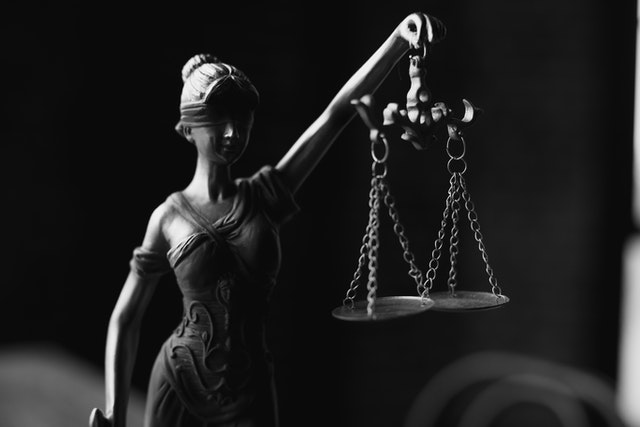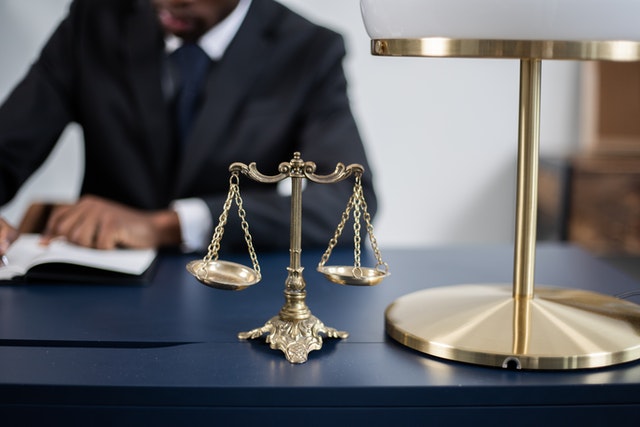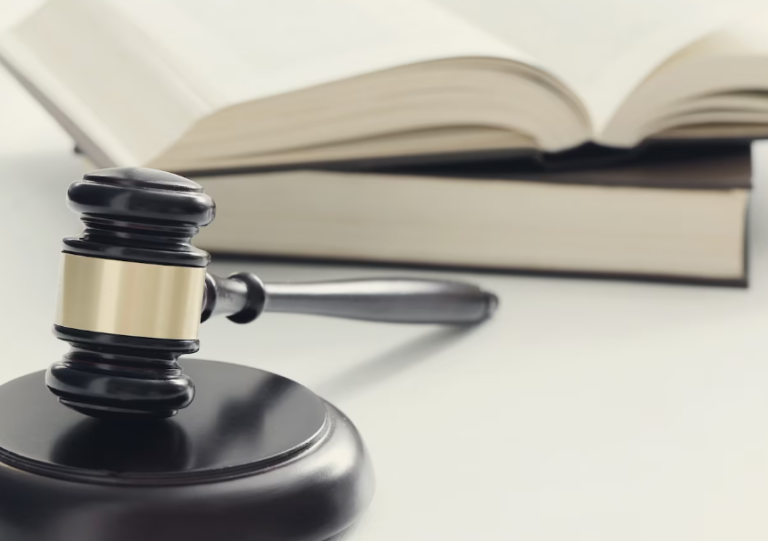What Makes a Legal Court Function
When most people think of court, they imagine a room full of lawyers fiercely debating the merits of a case. While this may be true in some courts, the reality is that most courts are far more complex than this simplistic view suggests. For a legal court to function effectively, many different players must work together to ensure that justice is served.
In this article, we will look at some of the different players in a legal court and their role in ensuring that the court runs smoothly.
The Judge
A legal court is a formal setting in which a judge hears and decides cases brought before them. For a court to function, a panel of judges must preside over the proceedings. The judge is responsible for maintaining order in the courtroom and ensuring that all parties are treated fairly. In addition, the judge must hear all evidence presented and decide based on the law.
To ensure that the proceedings are conducted fairly, several rules must be followed, such as the rules of procedure and evidence. These rules guide how cases should be tried and ensure that all parties have a chance to present their argument. Without these rules, courts would not be able to function properly.
The Lawyers
A court of law is a legal institution with the power to judge and administer justice in civil, criminal, and administrative cases according to the rule of law. In common law systems, courts are divided into trial courts, which hear fact-based disputes between parties and make decisions, and appellate courts, which review the decisions of trial courts. The lawyers who work within these courts are crucial to their functioning.
Trial lawyers represent one or both sides in criminal and civil litigation and handle all aspects of the litigation process, from pre-trial investigation to post-trial appeals. Appellate lawyers brief and argue cases on appeal. Courtroom lawyers try cases before juries. All types of lawyers research the intent of laws and judicial decisions and apply them to the specific facts of their cases. They also draft pleadings, motions, and discovery requests. Without these skilled individuals, our legal system would grind to a halt.

The Jury
A legal court is responsible for adjudicating disputes between parties and determining the guilt or innocence of defendants accused of crimes. To function properly, a court must have certain essential components in place. First and foremost, there must be a jury. A jury is a group of 12 citizens selected to hear evidence and testimony during a trial. They are tasked with deciding about the defendant’s guilt or innocence based on the evidence presented. To ensure that the jury reaches a fair and just verdict, they must be unbiased and objective.
Additionally, the jury must be able to understand and weigh the evidence to make an informed decision. Finally, the jury must be willing to follow the law and render a verdict by the law. Without a jury, a legal court cannot function.
Court Staff
Every legal court has numerous individuals working together to ensure the court runs smoothly and fairly. Most people think of judges and lawyers when they think of a courtroom. Still, there are actually many different types of court staff. Court reporters create transcripts of proceedings, while interpreters provide translation services for non-English speakers. Bailiffs are responsible for maintaining order in the courtroom, while clerks manage paperwork and keep track of court records.
Each type of court staff plays an important role in ensuring that the legal process is carried out effectively. Without their hard work, the courts would not be able to function. No role is more important than the other; they all work together to create a well-oiled machine.
Witnesses
Several key components make a legal court function. One of the most important is witnesses. Witnesses can provide first-hand accounts of what happened and help establish key facts in a case. They can also help to identify any suspects or conspirators involved.
In addition, witnesses can provide valuable insight into the motive behind a crime. Without witnesses, it would be much more difficult to establish the truth and secure justice. Consequently, witnesses play a vital role in the functioning of a legal court.
Final Thoughts
These are just a few key components that make a legal court function. While there are many other important players in the legal system, these are some of the most essential. Without these key components, courts could not effectively adjudicate disputes or administer justice. Consequently, they play a vital role in our legal system.





